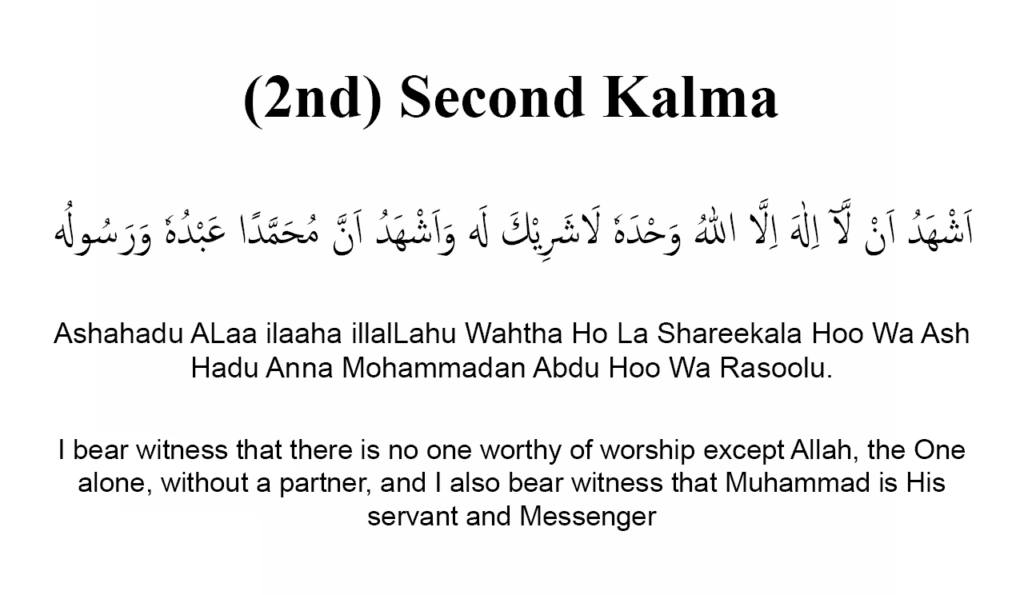Dhuhr Namaz, also spelled Dhuhr or Zuhr prayer, is the second one of the five five mandatory daily prayers for Muslims. It is observed after the sun reaches its zenith. In Zuhr prayer, there are twelve rakats: first four Sunnat Mokadda, followed by four Fard, then two Sunnat Mokadda, and finally two Nafl, which are beneficial but not obligatory.
This prayer holds a special place in Islamic teachings, as it serves as a mid-day break, allowing individuals to pause their daily activities and turn to Allah (SWT) in devotion.
If you’re new to Zuhr Namaz, or if you’re looking for a refresher, this simple guide will walk you through everything you need to know to perform it correctly and with sincerity.



